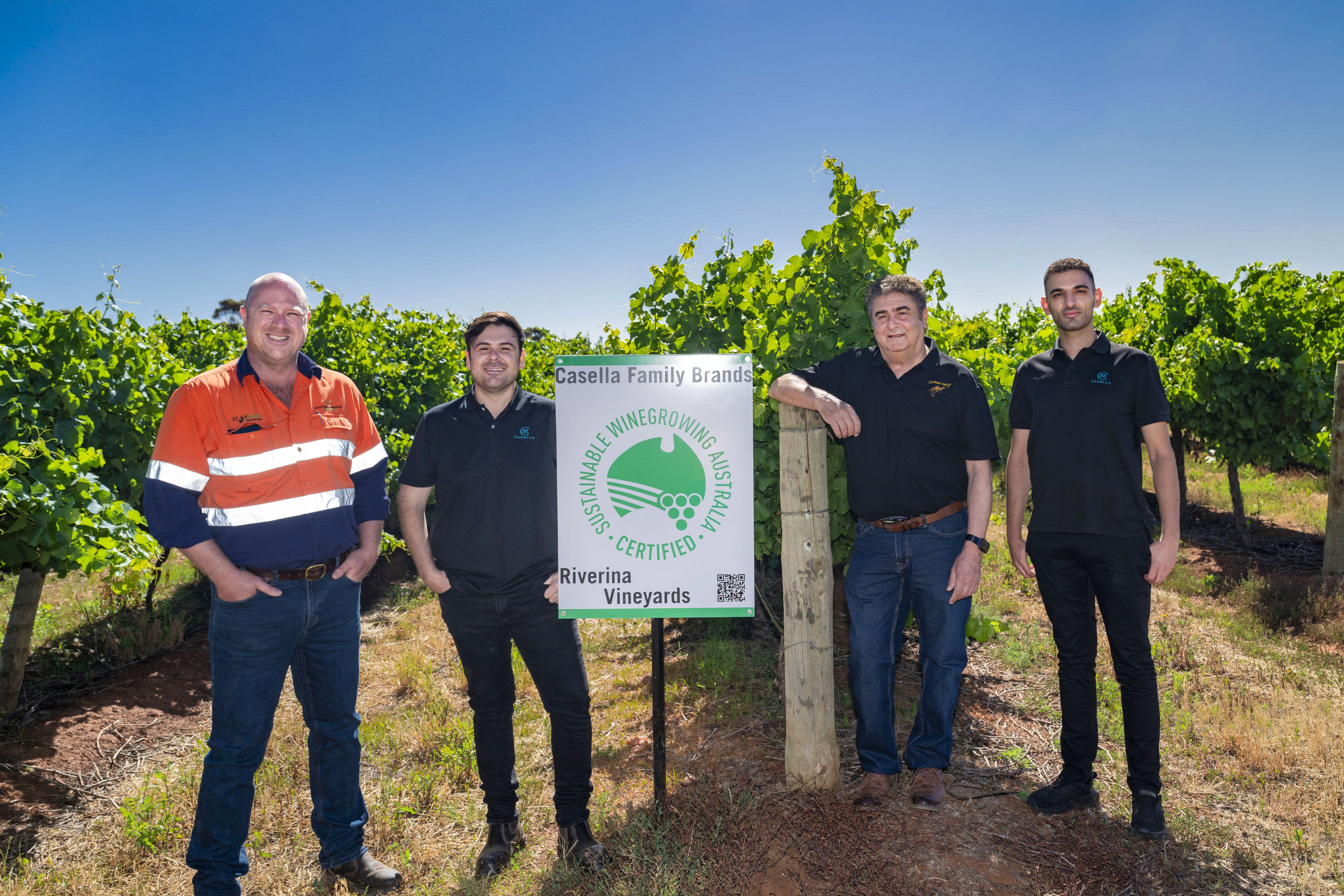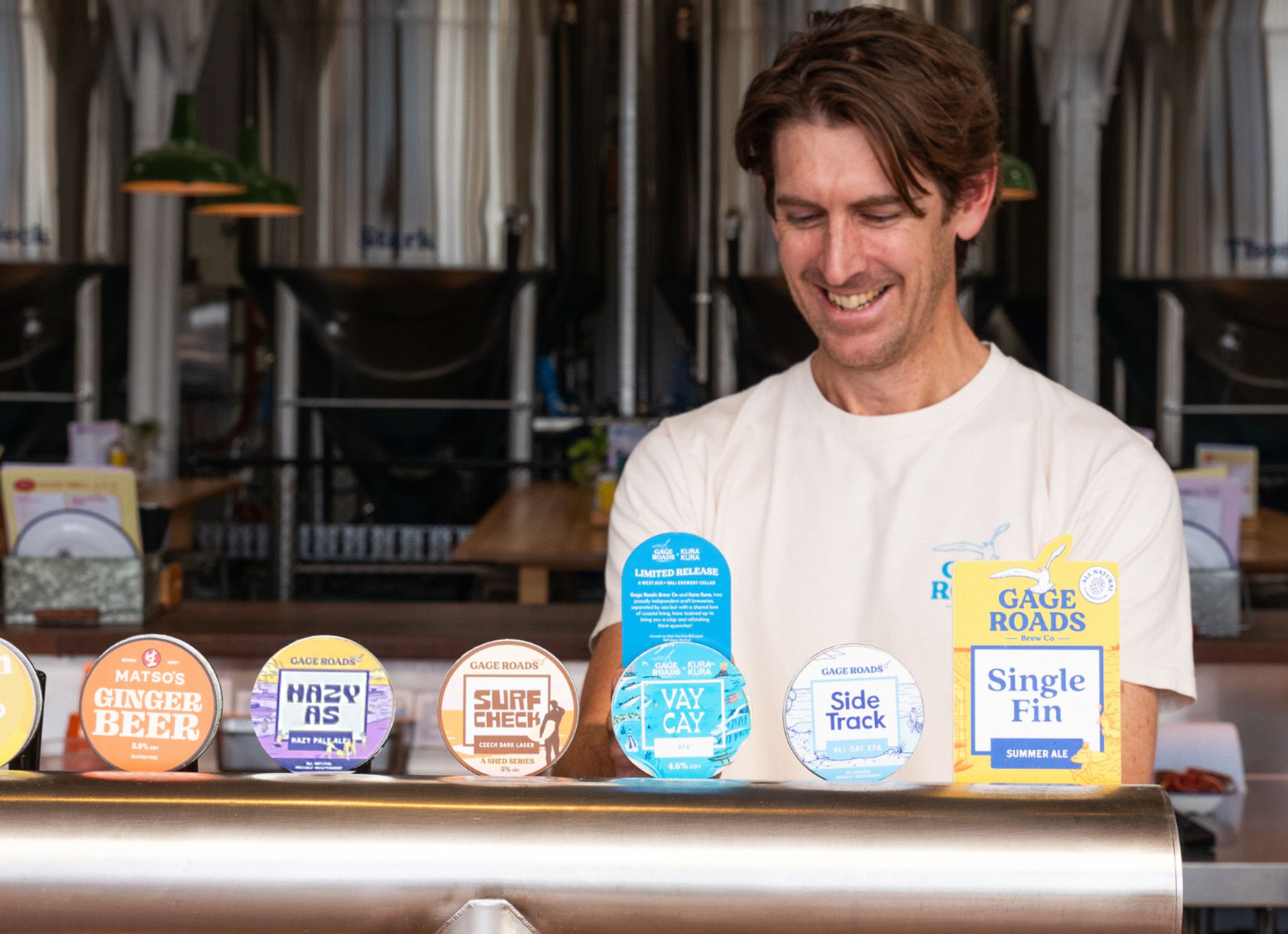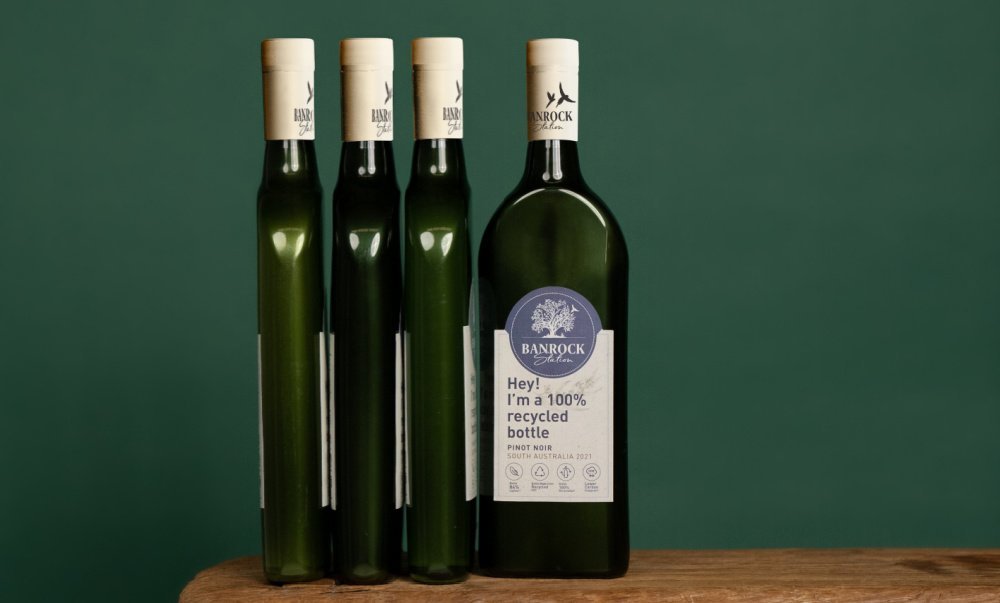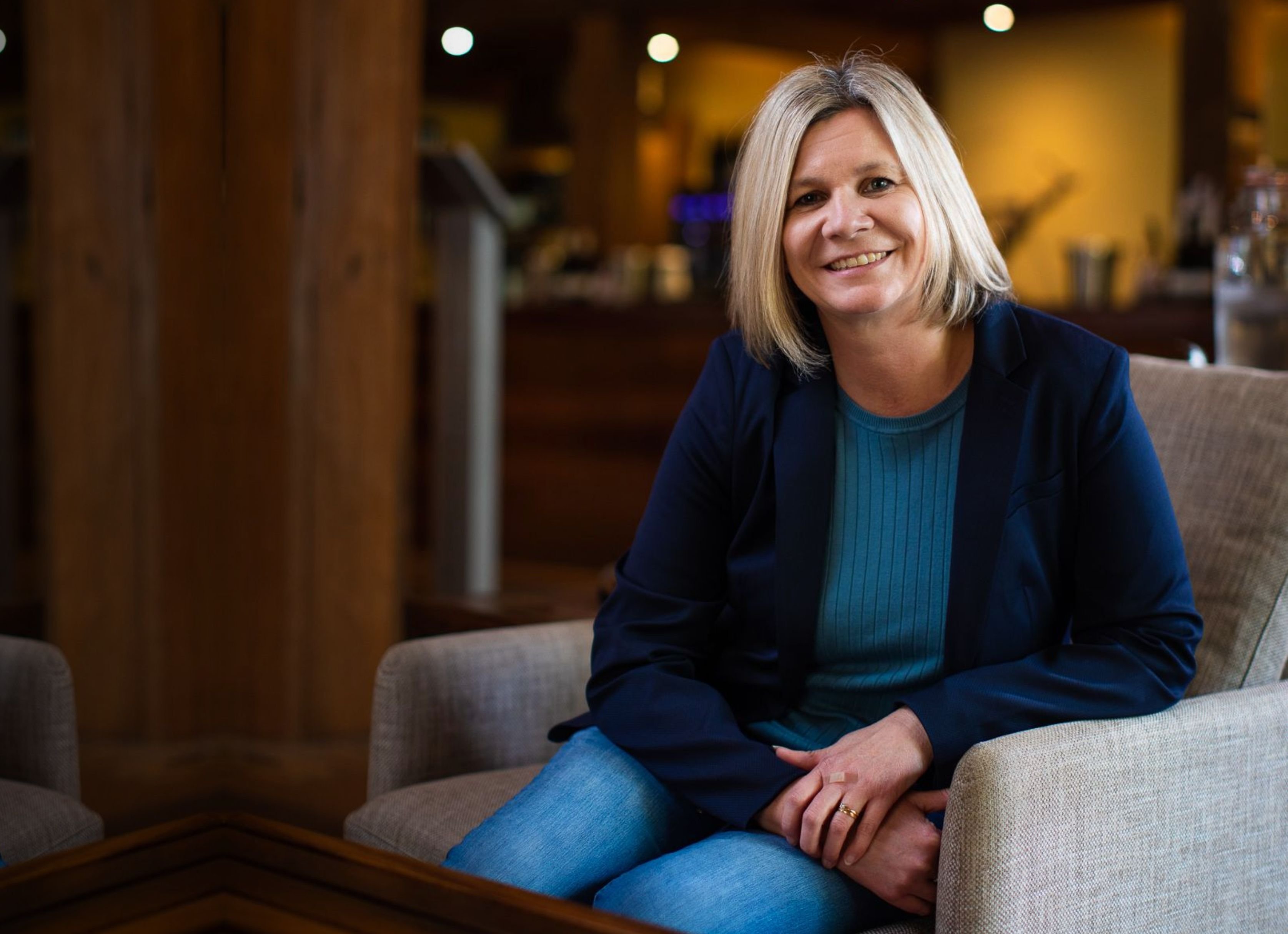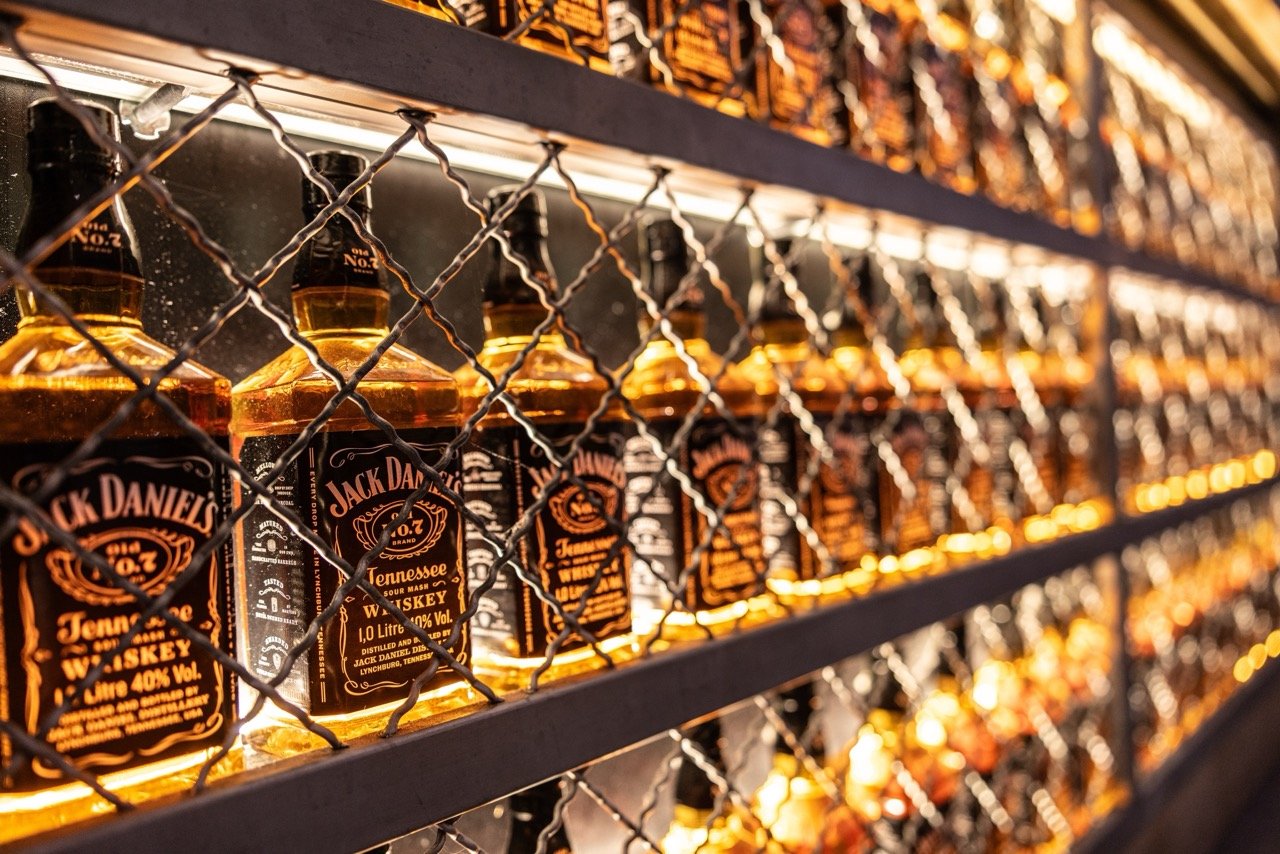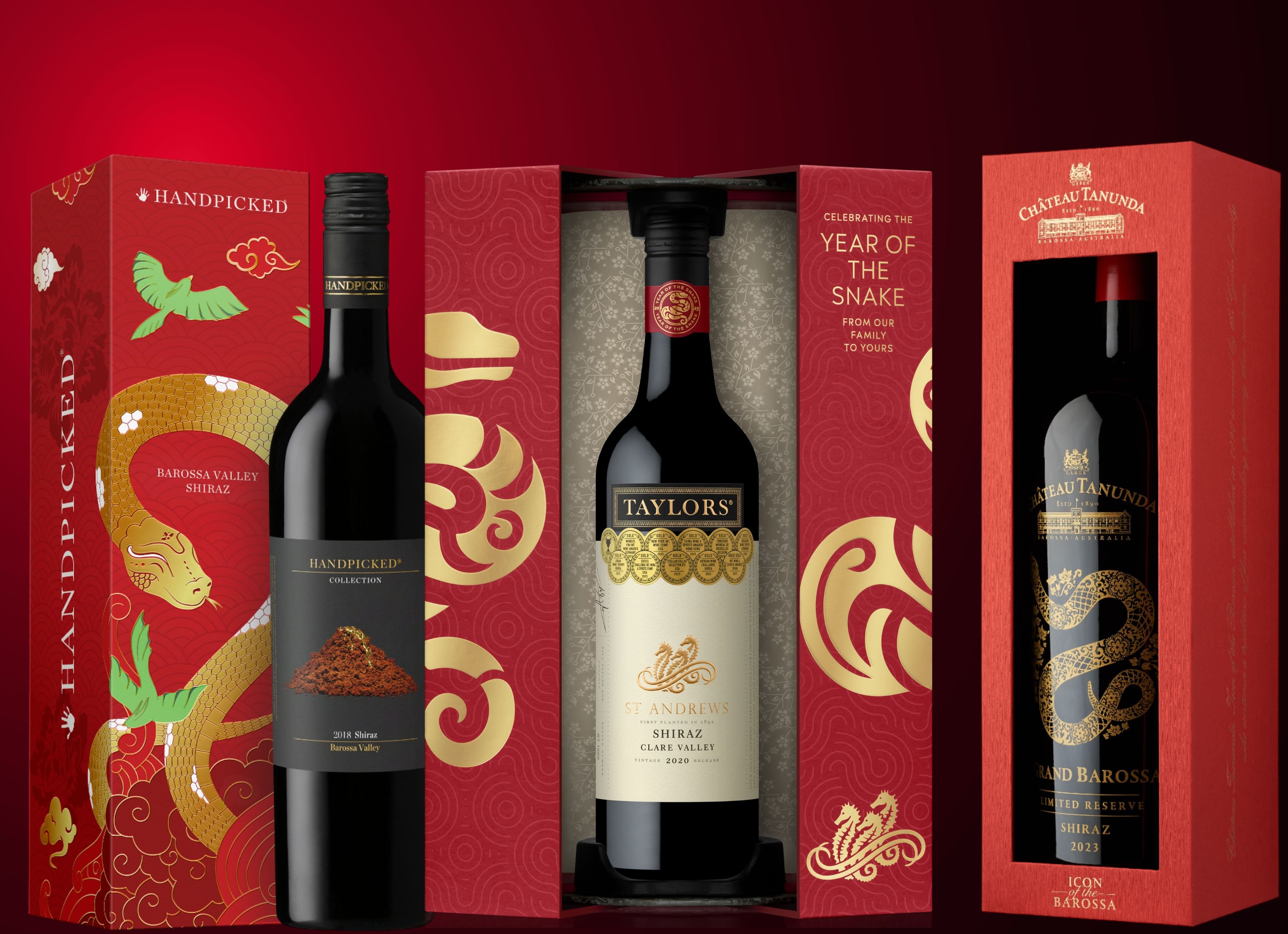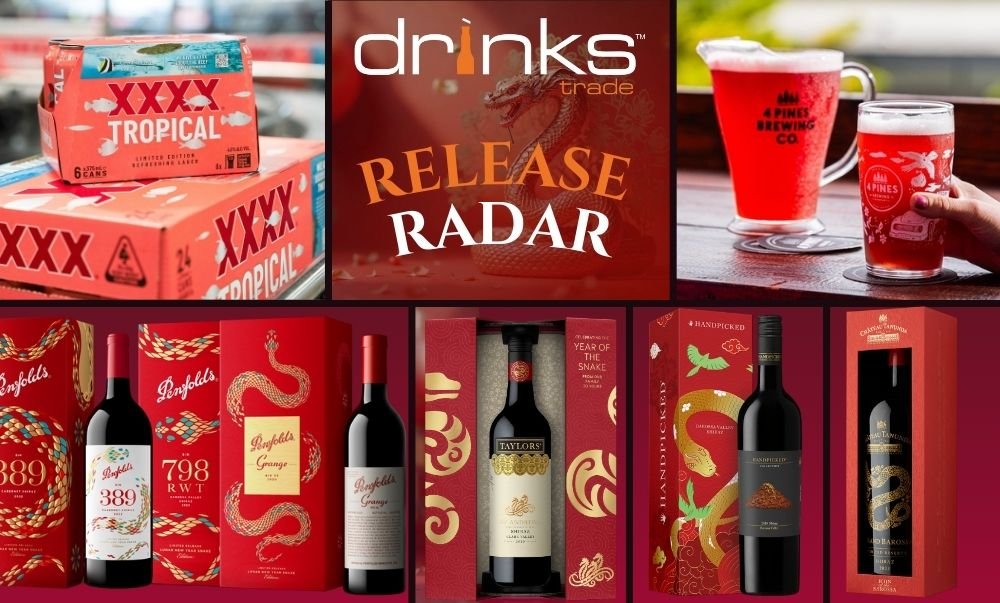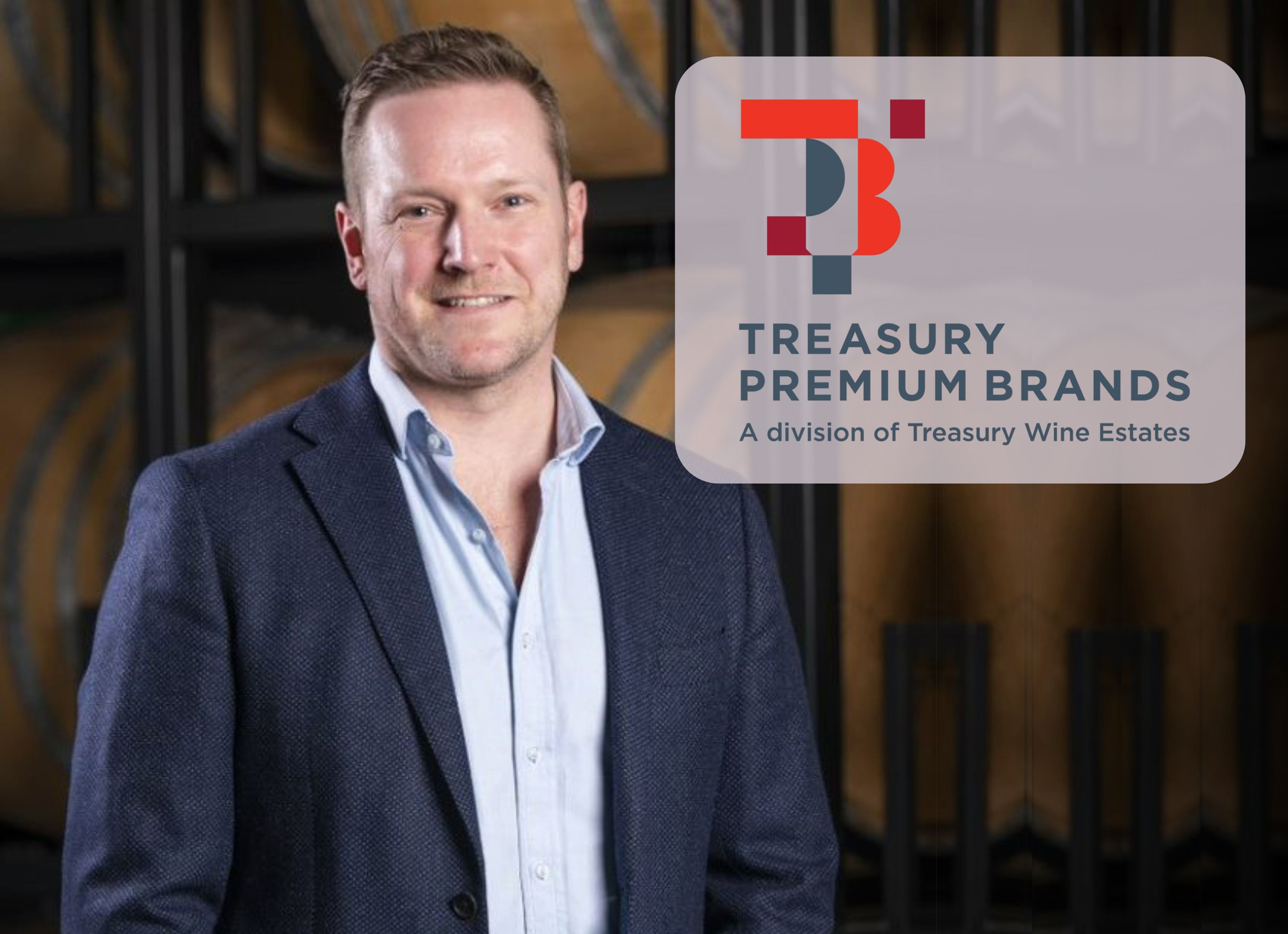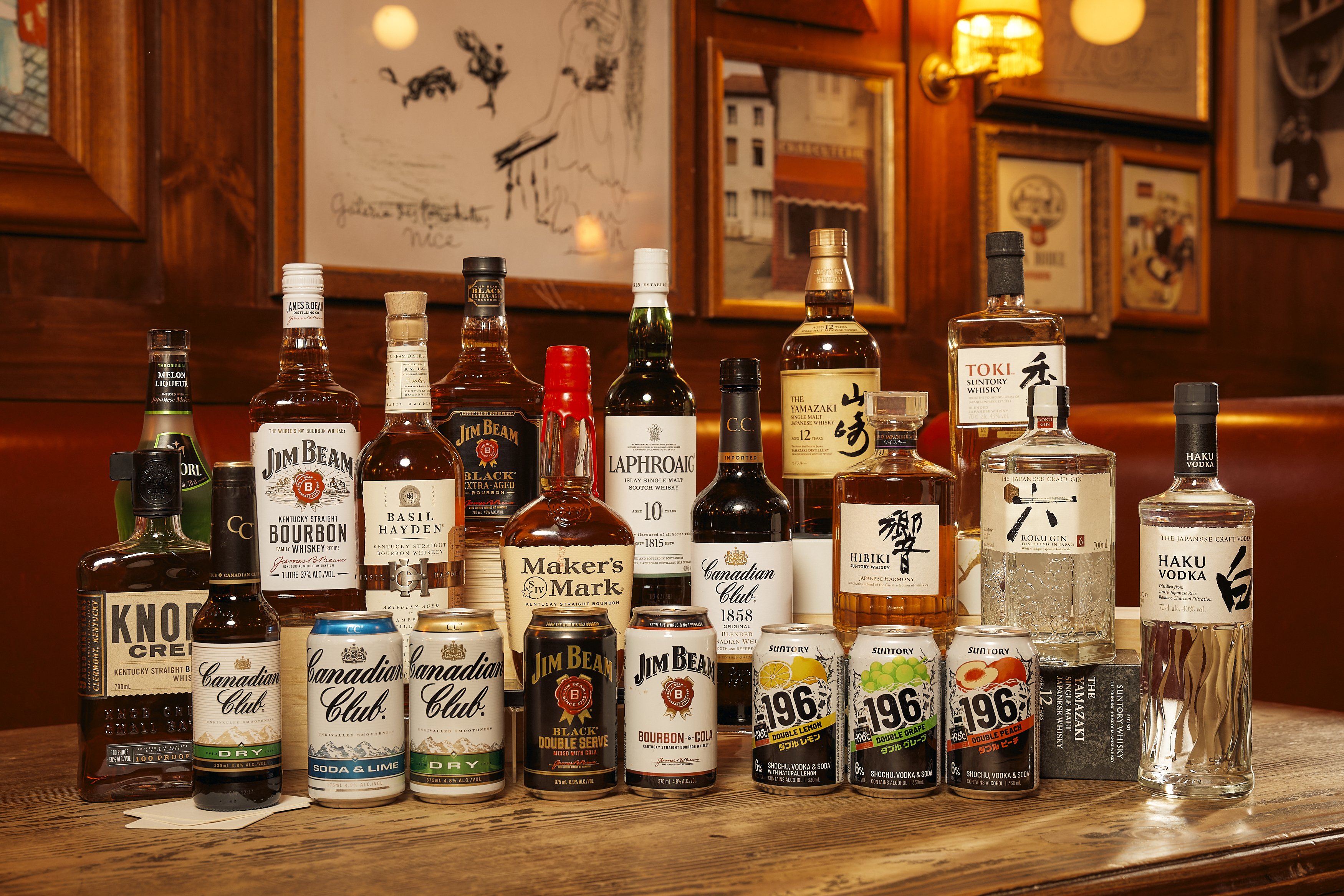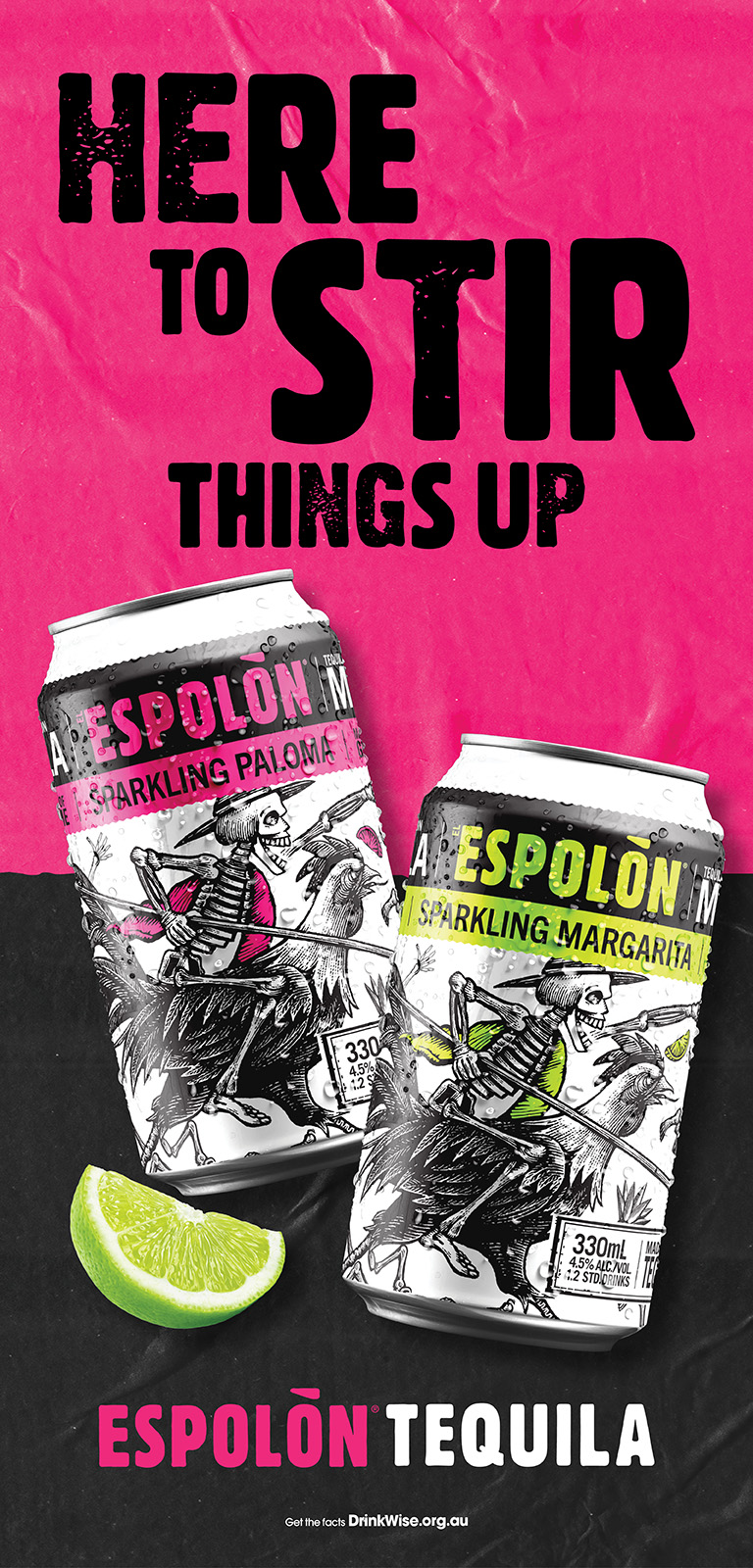Australia’s largest family-owned drinks business Casella Family Brands has successfully attained Sustainable Winegrowing Australia certification for all of its wine brands, winemaking sites, vineyards, and grape supply sources from vintage 2025 onwards.
Given that Casella’s wine portfolio was collectively responsible for 12% of Australia’s 2024 winegrape crush and 16% of total exports, the news marks a major milestone for sustainability in Australian wine.
“We’re incredibly proud of the dedication to sustainability demonstrated by all those involved in this process,” said Grower Services Manager and Senior Winemaker Nic Schirripa.
“This program formalises our current operations by providing a structured framework to document sustainability practices. It helps us identify risk areas and uncover opportunities for improvement, and we look forward to advancing our efforts in this space.”
The news follows on from the unveiling of two new solar facilities in Casella’s hometown of Yenda in April last year as part of its 2050 net-zero emissions roadmap.
It also comes at a time of growing momentum and demand for sustainably certified wine in Australia.
“After investing in installing our large-scale solar farm last year, we’ve focused on achieving Sustainable Winegrowing Australia certification across our wineries and grower base,” said Joey Sergi, Sustainability Manager at Casella Family Brands.
“Consumers are increasingly choosing brands that prioritise sustainability, and with Sustainable Winegrowing Australia certification, they can trust our wines are produced with environmental care.”
Dr Mardi Longbottom, AWRI General Manager of Industry Development and Support and operator of the technical side of Sustainable Winegrowing Australia, is “encouraged by the momentum and increasing ambition of our growing membership.”
“Since we started in 2019, our membership has grown significantly. We have over 1,400 members across the regions of Australia and 50% of those members are now certified,” Longbottom told Drinks Trade in May.
“The other important statistic is that [we have members] across 85% of the 65 [wine] regions across Australia … More than 30% of Australia's vineyard area is now covered by sustainability certification.”
Peter Lehmann Wines Viticulturist and Winemaker Jade Rogge described Casella’s certification as “an important future step for all of our brands as we progress our sustainability journey.
“At its core, the program is about adopting innovative, sustainable practices to safeguard the land we depend on and ensuring that it remains healthy, productive, and valuable for future generations,” she continued.
From the 2025 vintage onwards, all wine releases from Casella-owned wine brands such as Yellow Tail, Peter Lehmann, Morris of Rutherglen, and more will carry the Sustainable Winegrowing Australia certification.
What is Australia’s ‘organic loophole’ and what is being done to fix it?
At the end of this month, a decision will be made by the Standing Committee for Rural and Regional Affairs and Transport Legislation concerning the National Organic Standard Bill that was put before the Senate late last year.
If passed, the Bill will make Australia the final country in the OECD to create a legal definition of the word organic. Current legislation permits products such as wine to be labelled as organic even if they do not meet the full criteria of any of the five certification bodies.
According to Jackie Brian, CEO of Australian Organic Limited, “if Australia had domestic regulation, it would help our government negotiate equivalency arrangements with other nations meaning producers would only need to attain one certification - the National Organic Standard established by this Bill - cutting red tape and stimulating export growth.”
Read more about the bill here.
//
Interview: DMG Founder William Dong calls on industry to ‘make bigger noise’ about organics
Share the content
